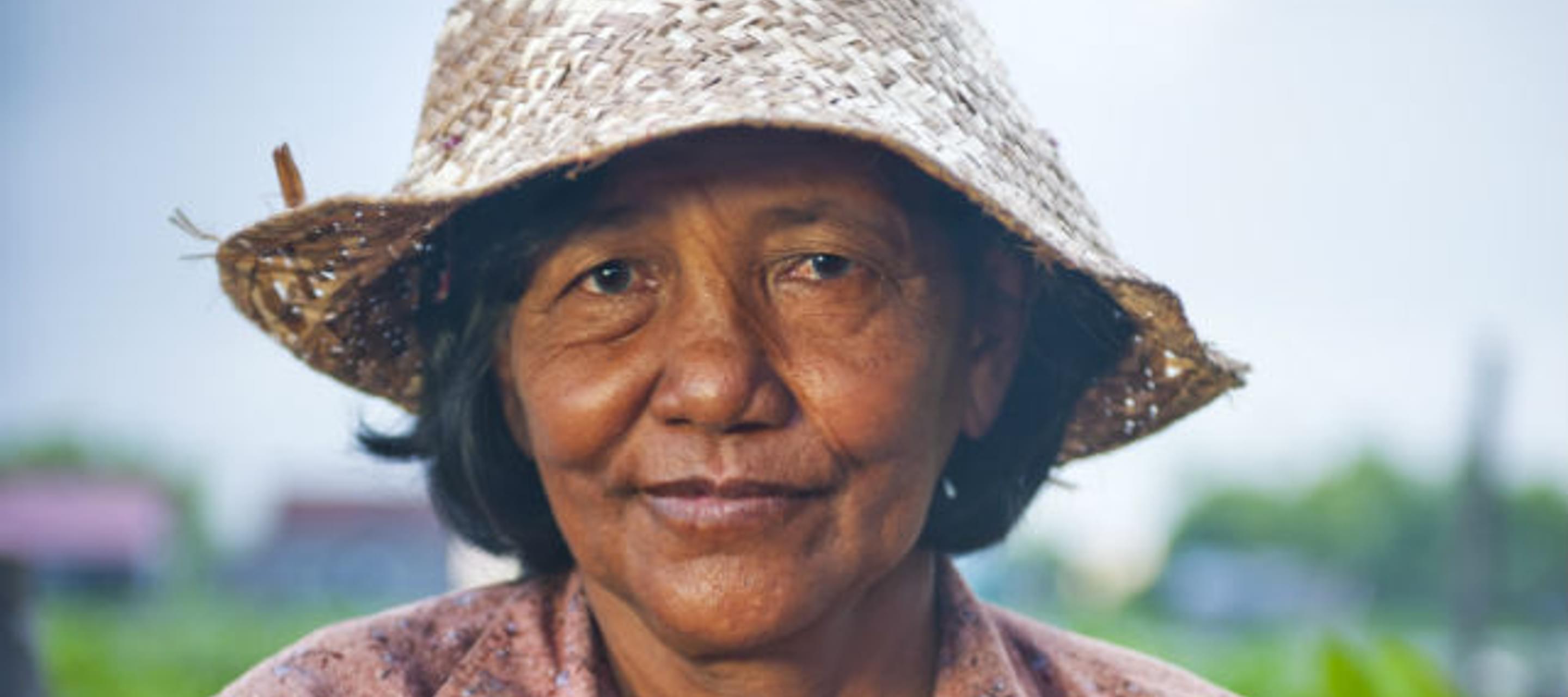CHRB Methodology Published - World’s First Ranking of Companies’ Human Rights Performance Begins
21 March 2016

The Corporate Human Rights Benchmark (CHRB), an initiative driven by Aviva Investors, Business & Human Rights Resource Centre, Calvert Investments, Eiris, IHRB and VBDO, today initiated the important first steps towards the creation of the first-ever ranking of the human rights performance of the world’s largest listed companies. The CHRB has developed a rigorous Methodology, which it will pilot with the top 100 companies from the agricultural products, apparel and extractives industries.
The results of this free and public business and human rights benchmark will be published in November 2016. The CHRB will be produced annually and expanded each year to cover additional industries until the top 500 globally listed companies are included.
The CHRB Methodology is the result of two years of development by the CHRB Steering Committee in consultation with over 400 companies, industry associations, investors, governments, civil society representatives, academics, and lawyers.
Today, the CHRB also opened its disclosure platform, allowing those companies to submit and make public information to be considered in the CHRB. This information will be considered along with existing public documents like annual reports and policies.




